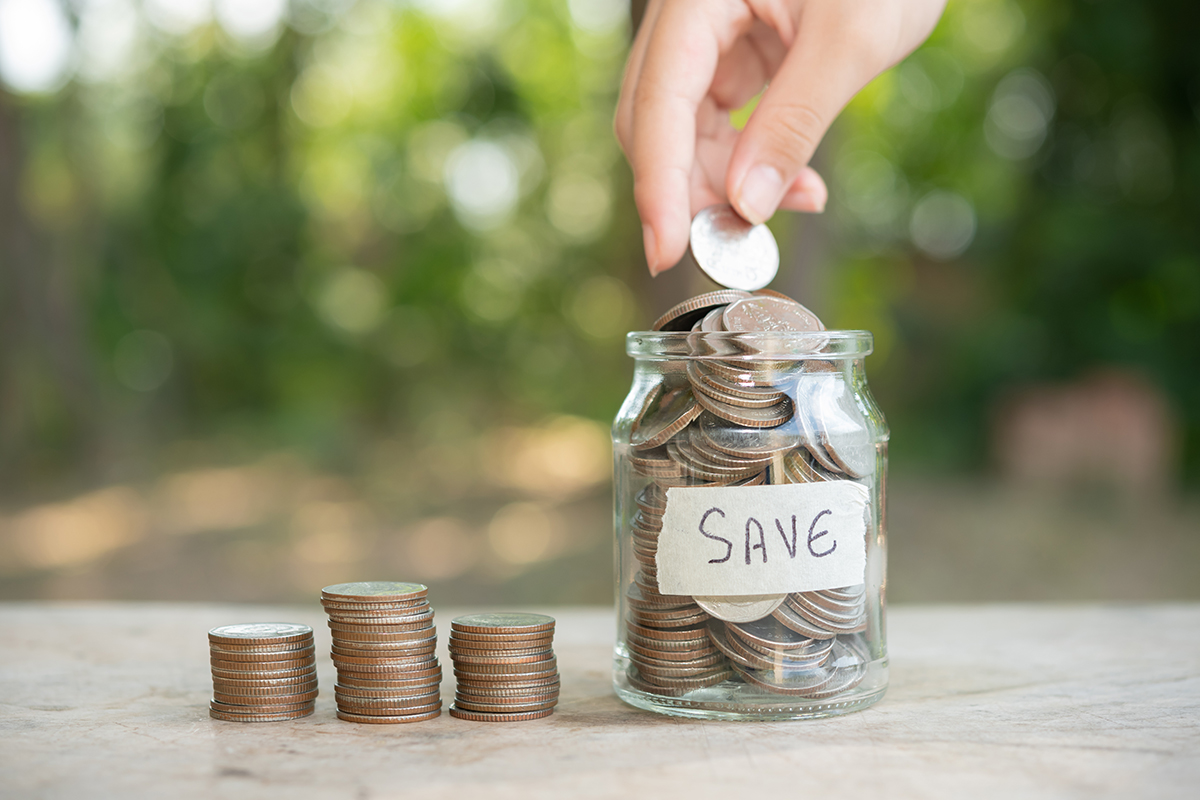Why money cannot be used to buy happiness

The idea that money can’t buy happiness is either widely accepted or a cliché. However, a recent study from the University of Bath suggests that money can bring happiness within certain limits and conditions. Beyond those boundaries, the relationship between money and happiness becomes less clear and more unpredictable.

What makes us happy anyway?
Happiness is often linked to fulfilling our basic biological needs, such as food, water, air, sleep, and security. Our brains perceive these necessities as crucial, triggering a sense of reward when we obtain them. Money, being a means to access these essentials, can also provide a sense of happiness, as suggested by research like the 2007 Wellcome Trust study.
However, it’s important to note that the equation of ‘more money equals more happiness’ has its limits. Even biologically significant things, like eating, can become less rewarding when overindulged. Excessive wealth can sometimes lead to isolation or feelings of oppression, as seen with shelter and security.
Additionally, our brains can adapt to predictable situations, diminishing our response to them. This explains why novel and unexpected experiences, as shown in a 2011 study by Dr. Ruth Krebbs at Ghent University, tend to bring more happiness than familiar ones.

Money often follows a similar pattern. Routine income brings comfort, but unexpected money, even in smaller amounts, can bring greater happiness.
Furthermore, when money is a necessity for survival, obtaining it is deeply satisfying. However, once financial security is achieved, as seen in a San Francisco State University study, money’s ability to generate happiness diminishes considerably. The study suggests that psychologically and experientially stimulating factors, like travel, new relationships, or helping others, have a more potent effect on happiness.
Of course, in the modern world, money is typically needed for these activities. However, this underscores that money’s connection to happiness is more indirect—it facilitates these experiences rather than directly causing happiness.

Is there a specific monetary threshold capable of bringing us happiness?
he idea that there’s a specific money threshold where happiness stops increasing has significant implications today. With discussions on stagnant wages, rising living costs, and universal basic income experiments gaining attention, the question of how much money is needed for happiness becomes more relevant.
Unfortunately, there’s no universal answer because the factors defining “enough” money for security and happiness are highly subjective and vary from person to person. Some find modest sums sufficient for lifelong contentment, while others never feel financially secure. Research from the University of Bath shows these variations are even more pronounced across diverse cultural backgrounds, indicating that money’s link to happiness is shaped by learned behaviors as much as innate tendencies.
Moreover, within the same capitalist culture, individuals’ perceptions of financial security can vary greatly. People with substantial wealth may be less happy than those with fewer assets due to the additional worries tied to greater wealth.

Can an excess of wealth or money lead to unhappiness?
This highlights another crucial aspect: money has the capacity to either induce unhappiness or diminish happiness through various mechanisms. Research has shown that receiving financial rewards for activities you genuinely enjoy can sometimes lead to reduced motivation and, consequently, lower potential for happiness. This phenomenon may help explain why individuals often hesitate to turn their hobbies into professions, or subsequently regret doing so.
Furthermore, in our contemporary society, money is anything but static. Unlike the idea of amassing a hoard of gold coins like mythical dragons, money is fluid, often intangible, and frequently entwined with various financial instruments like investments, stocks, properties, and savings accounts, among others.

All these financial assets are subject to the influence of political and economic factors, leaving those who possess them with less control and heightened uncertainty compared to the hypothetical scenario of a massive pile of gold. The loss of control and the presence of uncertainty consistently serve as sources of stress and unhappiness for the human mind.
In essence, rather than outright stating that money can’t purchase happiness, it might be more precise to assert that money can provide safety and security, which in turn can facilitate happiness. However, the relationship between money and happiness is not a straightforward one-to-one correlation. The impact of money on our well-being ultimately hinges on our individual characteristics and upbringing.




















